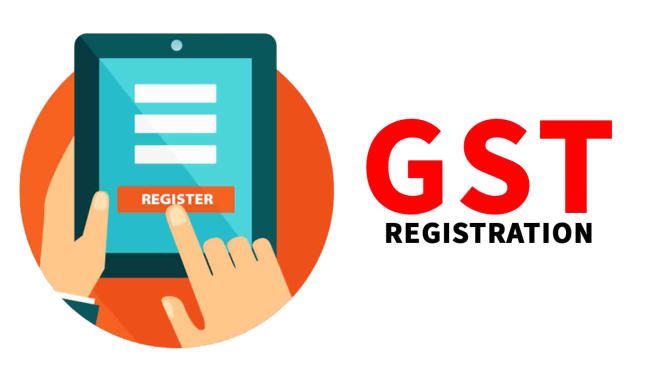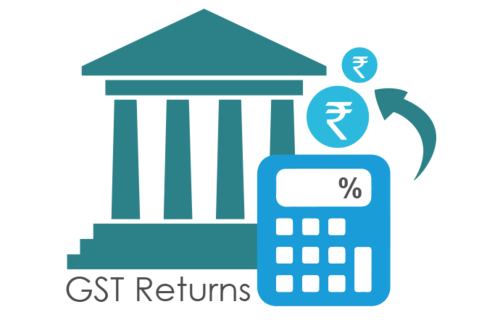The composition scheme under Goods and service tax registration would be applicable to businesses with a turnover of up to Rs. 50 lakh. Small businesses with turnover less than Rs. 1 crore* (Rs. 75 Lakhs for Northeastern states) can opt for composition scheme. Such taxpayers would pay a fixed percentage of its turnover and cannot avail of the benefits of an input tax credit. Such businesses cannot collect tax from their customers. The floor rate of tax cannot be less than 1%. GST Council has decided to increase the limit to Rs. 1.5 crores but official notification are awaited.
Composition dealers are required to pay tax based on their business types.
1. They need to file only one return on a quarterly basis. Whereas normal taxpayers are required to file three returns on a monthly basis.
2. Composition dealers cannot collect taxes from customers
3. They cannot issue taxable invoices, i.e., collect tax from customers and are required to pay the tax out of their own pocket.
4. No input tax credits can be claimed.
Persons who are not eligible for GST composition scheme include:
1. Service providers (except restaurant owners)
2. Non-taxable goods suppliers
3. Sellers operating through an e-commerce platform
4. Suppliers involved in the inter-state supply of goods
5. Manufacturers of notified goods








